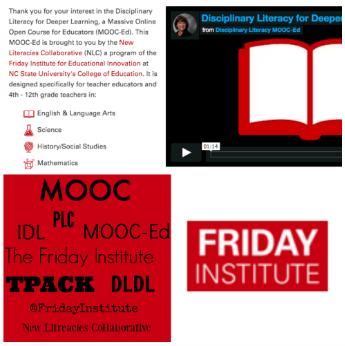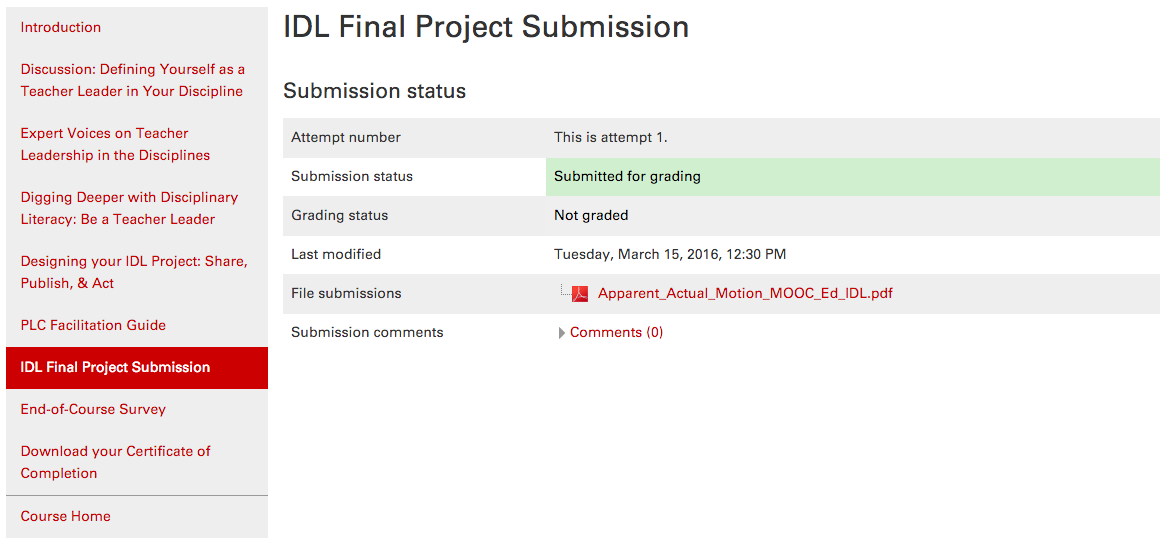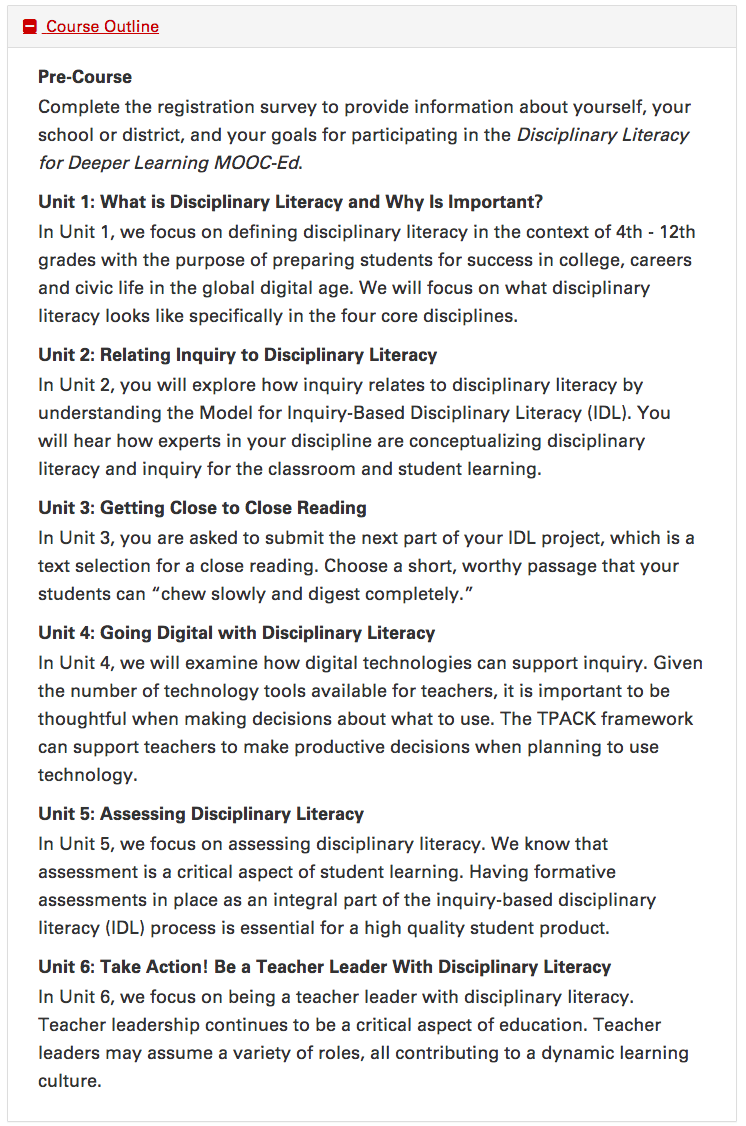 For years, I’ve proudly explained my content specialities in grades 4-8 as having a strong focus on “content literacy.” Imagine my surprise during the first video in MOOC, when they explained that content literacy is an intermediary step with Disciplinary Literacy being the pinnacle for depth of learning. Huh.
For years, I’ve proudly explained my content specialities in grades 4-8 as having a strong focus on “content literacy.” Imagine my surprise during the first video in MOOC, when they explained that content literacy is an intermediary step with Disciplinary Literacy being the pinnacle for depth of learning. Huh.
My motivation in teaching Content Literacy had been to improve student vocabulary across content areas. To raise reading levels, not just improve content understanding in my content, but provide better background for all future student reading. I had avoided doing some vocabulary study specifically on words unique to that (math) class as it was not widely beneficial across contents. Now I was confronted with a narrowing of disciplinary knowledge, a specificity of study which – by design – does not cross content areas.
Immediate concerns of silos of excellence and absences of expertise drastically impacting students alarmed me. But I still loved vocabulary study, so I pushed through the first video.I am very glad I did.What I learned in this MOOC I would feel very comfortable doing alongside my traditional content literacy study, but I have a deeper understanding of that instruction in a science classroom now.

MOOC Details
MOOC-Ed is a project of the Friday Institute for Educational Innovation at the NC State College of Education. The MOOC-Eds are the online portion of what they offer; courses from NC State for college students and The Friday Institute for school district employees have a blended learning program(s) to offer.
There are six units, opened gradually. Early on the participates are asked to identify with a content area. I chose science, which was a smaller community. If you were to select English Language Arts or Mathematics you might have had a different experience as those groups larger. The pieces you read, wrote are tied to the content which made the entire course more customized and more meaningful.
 The most meaningful opportunity was the IDL project submission. You could submit a filler activity, but this was the actual time and space with support from your small group to create something to use in your class. The main support came from the discussion boards. If I had participated in the Twitter chat I think I might have made some more usual connections as far as frequency and quality of contact/feedback. I was able to pull together several examples of the items discussed, but also challenged to justify my strategies, and in some cases change my typical classroom intentions. I have a decent start on a deeply probing science unit as a result.
The most meaningful opportunity was the IDL project submission. You could submit a filler activity, but this was the actual time and space with support from your small group to create something to use in your class. The main support came from the discussion boards. If I had participated in the Twitter chat I think I might have made some more usual connections as far as frequency and quality of contact/feedback. I was able to pull together several examples of the items discussed, but also challenged to justify my strategies, and in some cases change my typical classroom intentions. I have a decent start on a deeply probing science unit as a result.
I had previously joined and not finished two Friday Institute MOOCs over the years – both did not have content interesting enough for me to overcome the shortfalls of the Moodle platform in hindsight. I completed this MOOC in the Spring of 2016. This is an excellent MOOC if you are interested in Content Literacy, or more specifically Disciplinary Literacy.
 The current listing for the course looks somewhat different. This is interesting and could signal a repeat MOOC for me. I have only done that with one other MOOC.
The current listing for the course looks somewhat different. This is interesting and could signal a repeat MOOC for me. I have only done that with one other MOOC.
Technically Speaking
Moodle discussion boards are less engaging than other platforms for me – I made fewer connections. I did miss the Twitter chat, which is usually a better format for me to use to connect.
Google Login, but login kicks you out often in one session.
The most important thing for me with Moodle is understanding the format before I begin. Courses which invest in familiarizing me with the layout are courses in which I am most successful – this course did a great job of that.
Have you taken this MOOC? I would love to hear some feedback from another point of view.





1 Pingback